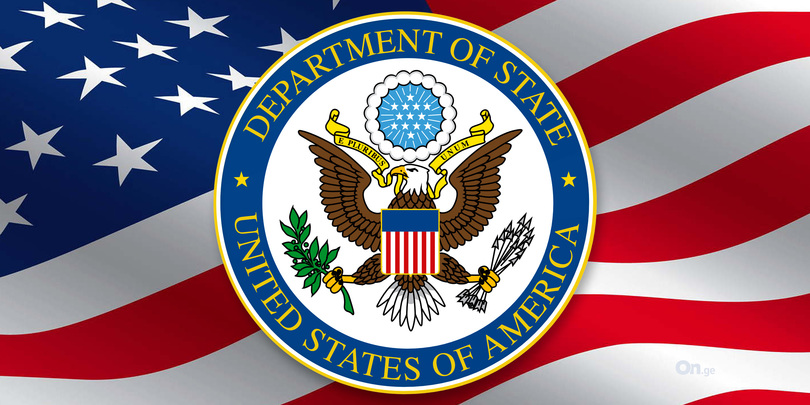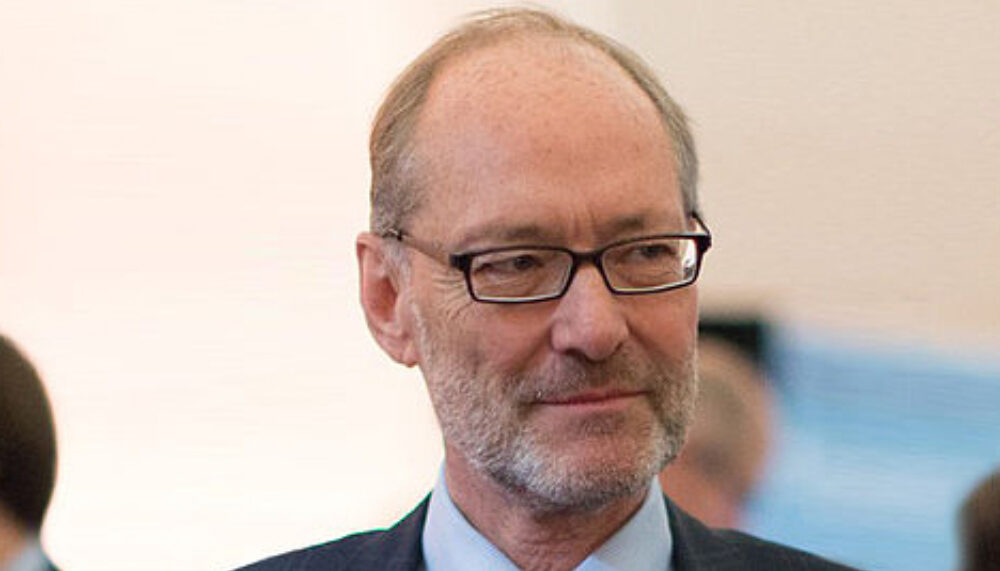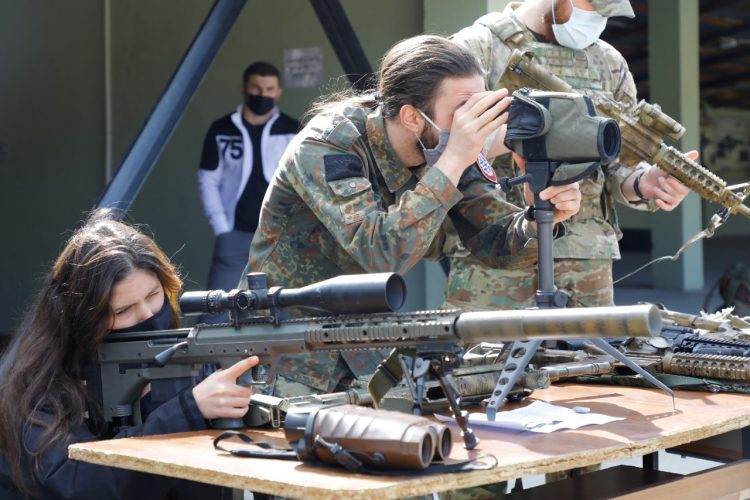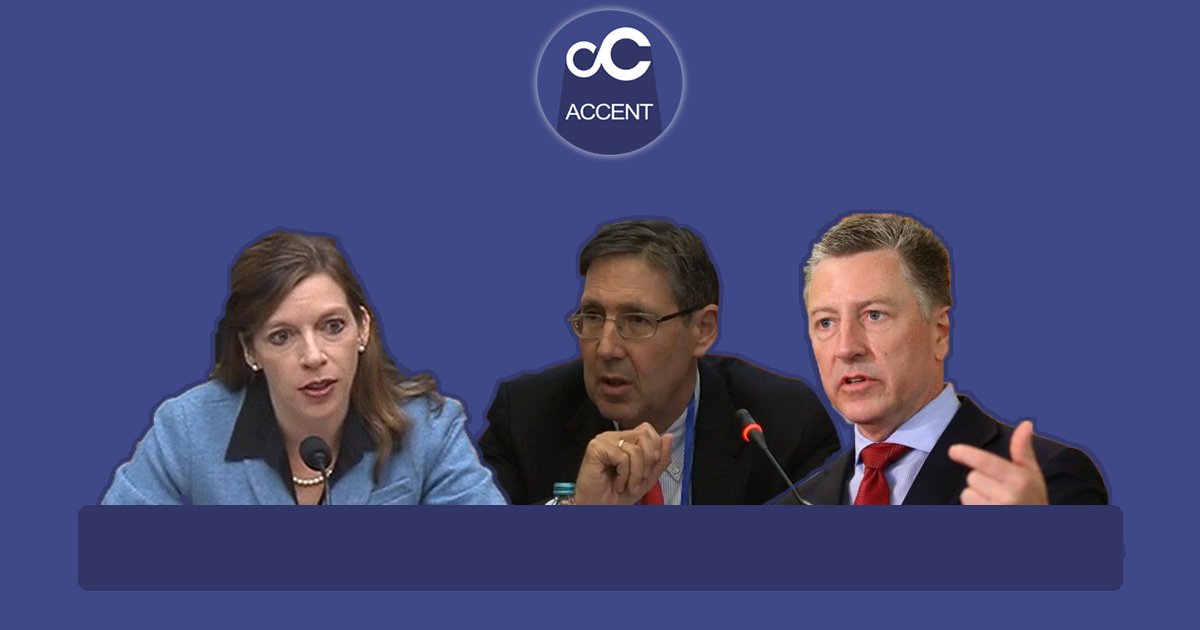
U.S. supports the Black Sea electricity cable project
19/12/2022 18:40:28 Politic
The leaders of Azerbaijan, Georgia, Hungary, and Romania have signed an agreement in Bucharest to build an underwater electric cable under the Black Sea.
The project could become a new power source for the European Union as the bloc seeks to reduce its reliance on Russian energy.
"The United States supports the December 17 Memorandum of Understanding signed between the leaders of Georgia, Azerbaijan, Romania, and Hungary for the development of a 1,100-kilometer subsea electricity cable to transport clean energy from the South Caucasus to the European Union via the Black Sea. As the President of the European Commission Ursula von der Leyen said during her address at the signing ceremony, the agreement will “bring the European Union closer to our partners in the South Caucasus region, and it will help both regions achieve the clean energy transition.” We also look forward to the results of the World Bank feasibility study that is now ongoing. On Georgia’s role in the project, we refer you to the Government of Georgia," a State Department Spokesperson told the Accent.
The Memorandum signing ceremony was held in Romania's Cotroceni Palace on December 17. The document was signed by the Prime Minister of Georgia, Irakli Garibashvili, the President of the Republic of Azerbaijan, Ilham Aliyev, the Prime Minister of Romania, Nikolae Chuka and the Prime Minister of Hungary, Victor Orban. The President of the European Commission, Ursula von der Leyen attended the ceremony.
The agreement involves a 1,100-km (685-mile) electric cable of 1,000 MW under the Black Sea, from Azerbaijan to Romania, as part of wider European Union efforts to diversify energy resources away from Russia amid the Ukraine war.
“Given the current security context marked by the military aggression against Ukraine we need to cooperate better and show more solidarity to mitigate common challenges,” Romanian President Klaus Iohannis told the meeting also attended by European Commission President Ursula von der Leyen.
“Our energy co-operation responds to a strategic impetus. It will enhance our energy resilience and ensure diversification of supply and transport routes. It is market driven given increased energy demand in Europe,” Iohannis said.
Von der Leyen told the meeting that the EU’s strategy to turn its back on Russian fossil fuels and diversify towards what she called “reliable energy partners” was working.
She said the EU was ready to provide financial support to the project pending the results of a feasibility study.
“To integrate a growing share of renewables, we need indeed stronger electricity interconnections. This is why the Black Sea energy cable between Romania, Georgia and Azerbaijan is so important,” von der Leyen said.
“It will help reinforce our security of supply by bringing electricity from renewable sources to the EU via Romania and through Hungary.”
Von der Leyen said the Black Sea cable could transform Georgia into an electricity hub and integrate it into the EU internal power market, while it could also help start rebuild Ukraine’s energy system and the country’s reconstruction.
The electricity cable will connect Georgia and the entire South Caucasus to Romania, allowing the export of “green energy” to Europe and the strengthening of mutual resilience.
The EU Commissioner for Neighbourhood and Enlargement Olivér Várhelyi revealed on December 12 that the EU will allocate EUR 17 billion for the economic and investment plan of the Eastern Partnership (EaP), including EUR 2.3 billion aimed at creating the Black Sea strategic submarine electricity cable between Georgia and the EU.









